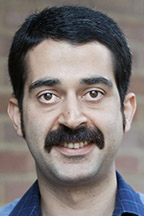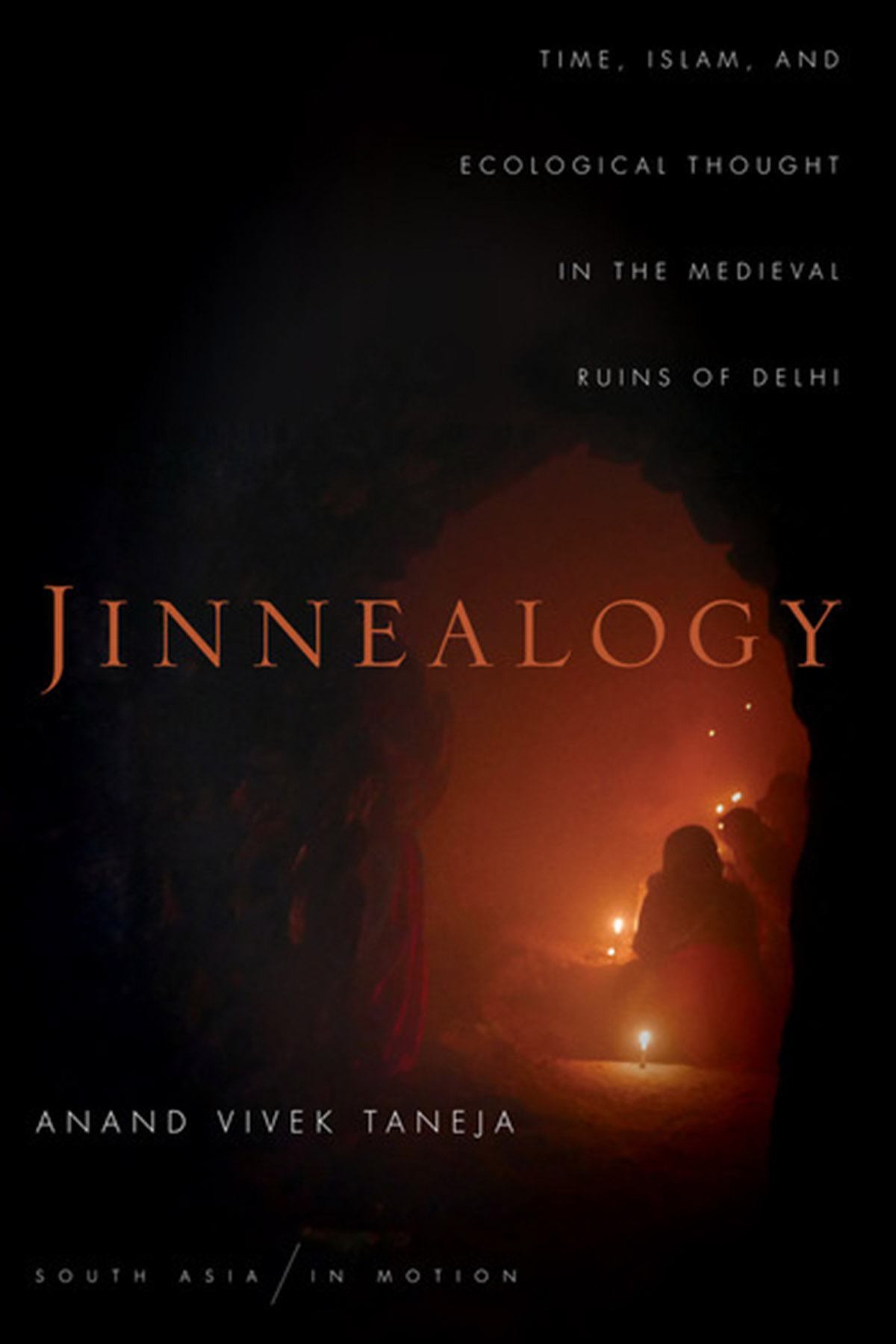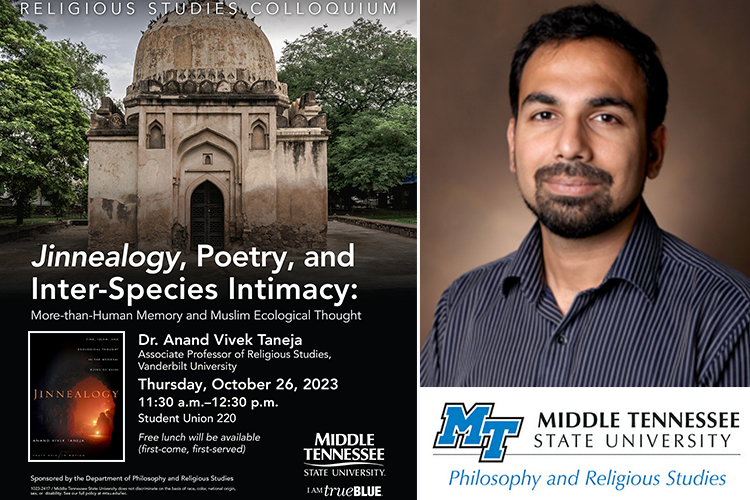Middle Tennessee State University’s Department of Philosophy and Religious Studies will host the next biannual Religious Studies Colloquium, set for 11:30 a.m. to 12:30 p.m. Thursday, Oct. 26, in Student Union Building Room 220.


The free public lecture features Anand Vivek Taneja, associate professor of religious studies at Vanderbilt University in Nashville, whose talk will center on his book, “Jinnealogy: Time, Islam and Ecological Thought in the Medieval Ruins of Delhi.”
The book focuses on the ritual practices, dream-lives and modes of healing and sociality shared by Hindu and Muslim communities at Feroz Shah Kotla, a castle built circa 1354 by a Muslim ruler from a medieval empire based in Delhi, India.
“In that book he shows how that medieval ruin … now serves as a connection point for the people of modern-day Delhi … a kind of place to seek healing from political and social despair and oppression experienced by Muslims and Hindus in the 20th and 21st centuries,” explained professor Mohammad Meerzaei, coordinator of the bi-annual lecture.
“Jinnealogy” is Taneja’s tongue-in-cheek play on the term “genealogy” in reference to the supernatural being called a jinni, mentioned over two dozen times in the Islamic holy book, the Quran. A jinni is an embodied spirit — which may be in human or animal form — that hovers between the heavenly realm and earth. The spirit is loosely associated with the pop-culture concept of a genie, characterized as a wish-granting entity aimed at material human desires.

Taneja explains the book on his website: “I explore how these theologically novel saint-shrines emerge in a complex landscape of erasures and altered temporalities inaugurated by the Partition of India, and the massive ecological shifts and legal enchantments inaugurated by the post-Colonial state, but also represent a continuing dialogue with the subaltern memory of Sufi ethics shared across conventional religious divides.”
“His outstanding research was celebrated in the fields of anthropology, Islamic studies and Indian studies,” Meerzaei explained.
The book is winner of the 2016 Joseph W. Elder Prize in the Indian Social Sciences, sponsored by the American Institute of Indian Studies, and received honorable mention in the 2019 Gregory Bateson Book Prize, sponsored by the Society for Cultural Anthropology.
Meerzaei said Taneja was chosen for the colloquium because the professor’s research “brings together ethnographic and anthropological studies with textual and archival studies, which would be a very efficient way to encourage our students to pursue religious studies as an interdisciplinary area of studies.”
“Our hope is they will appreciate how religious studies bring together disciplines of history and anthropology to create an analysis of how people living in a city remember and relive different versions of the past of their own community based on religious ideas and practices,” Meerzaei said.

Free lunch will be served at the lecture on a first-come basis. No reservations are required.
MTSU’s Student Union Building is located at 1768 MTSU Blvd. Off-campus visitors should obtain a special one-day permit from MTSU’s Office of Parking and Transportation at http://www.mtsu.edu/parking/visit.php. A searchable campus parking map is available at http://tinyurl.com/MTSUParkingMap.
For more information, email Heather Gibbs at Heather.Gibbs@mtsu.edu, or call 615-898-2907.
— Nancy DeGennaro (Nancy.DeGennaro@mtsu.edu)


COMMENTS ARE OFF THIS POST